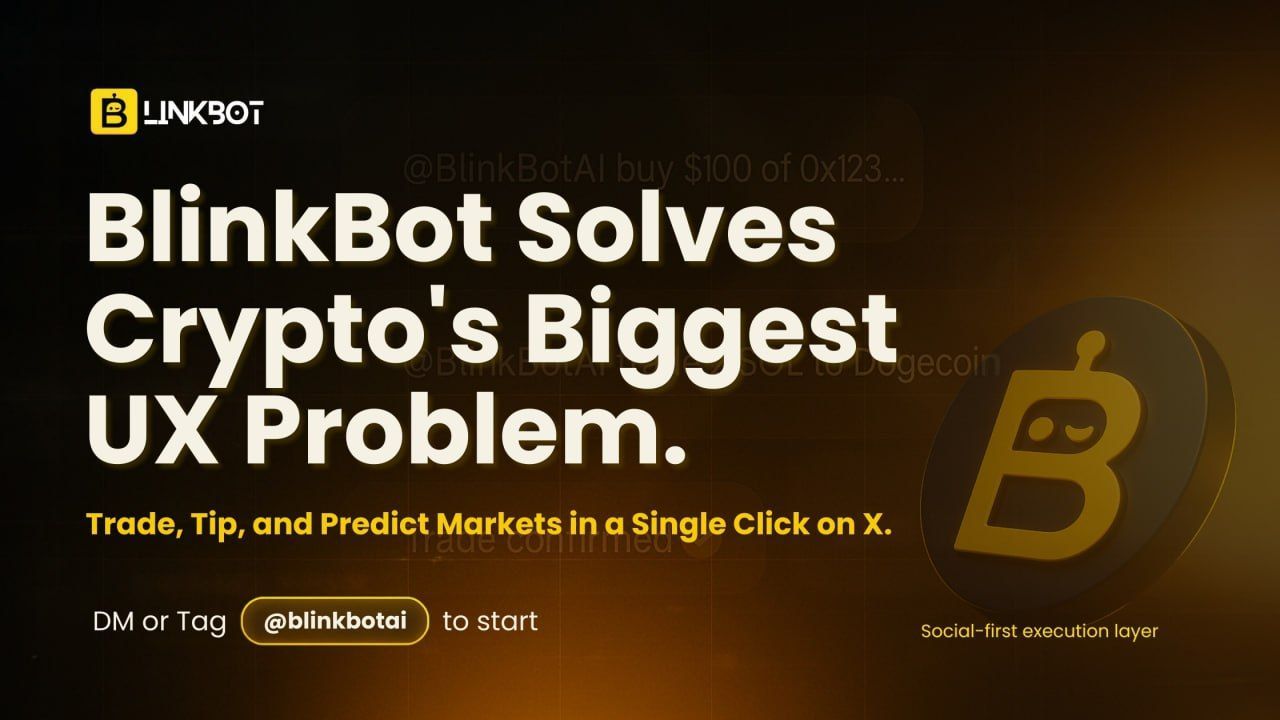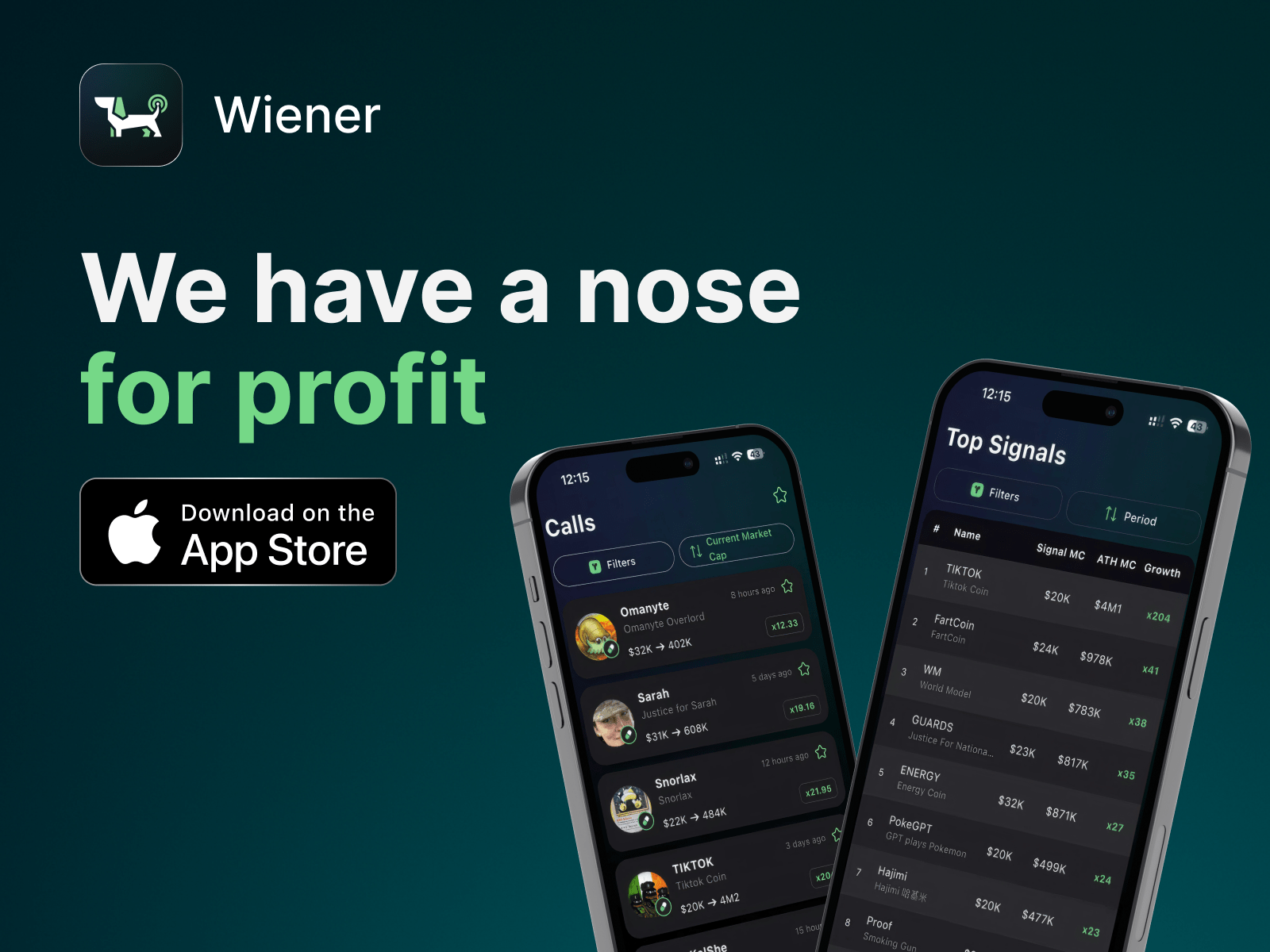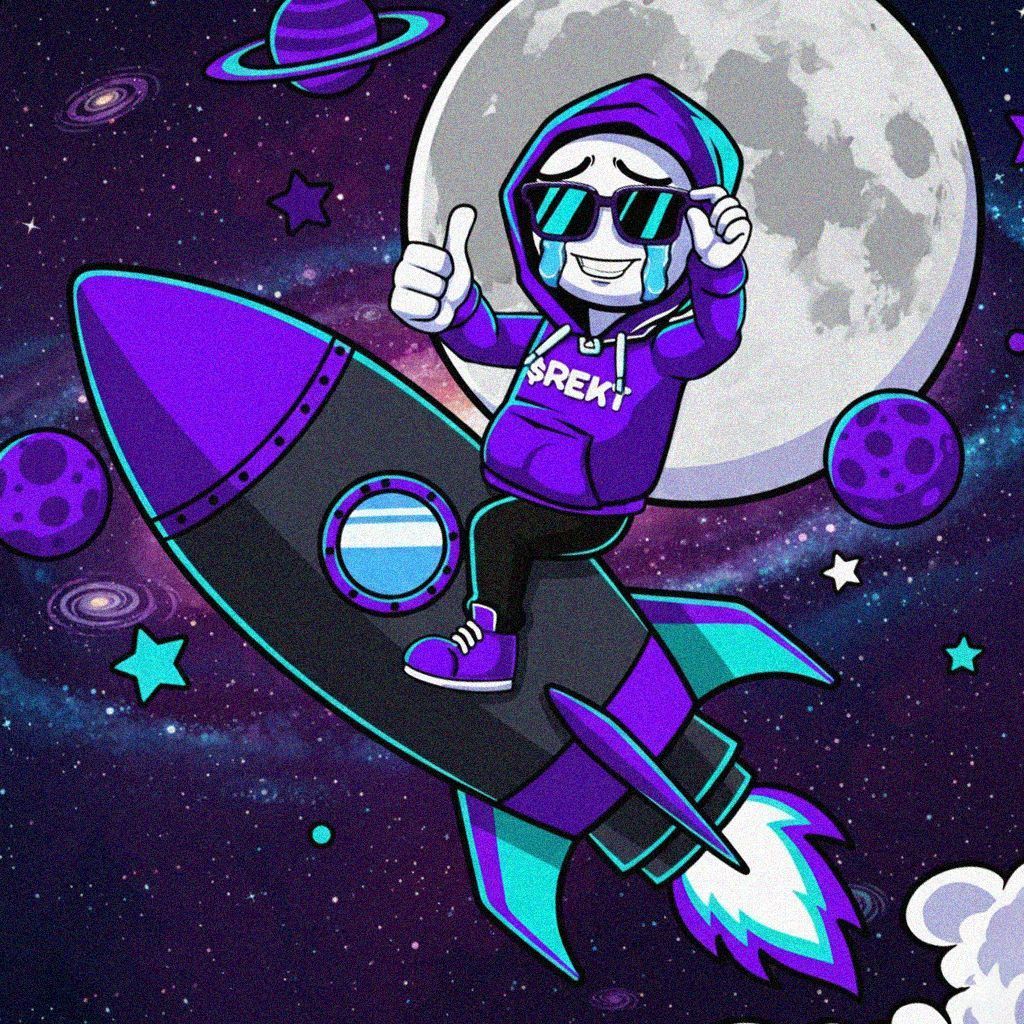Amun DeFi Review: Automating Portfolios to Take the Guesswork Out of Investing
The last couple of years has witnessed an exponential growth in blockchain applications. However, with this expansion came scalability issues, particularly on the Ethereum network. An increase in users on the platform led to a rise in transactions, which then congested the network, resulting in a sharp increase in gas fees.
Consequently, crypto developers and users alike started looking for alternatives to the popular network, leading to the rise of smart contract platforms such as Binance, Solana, Fantom, and Cardano.
However, the proliferation of smart contract networks has resulted in interoperability issues. Regular users of decentralized finance (DeFi) protocols often find it challenging to navigate blockchains when trying to configure wallets to add new networks or bridge funds between them.
While new cross-chain tools continue to be developed, the average crypto enthusiast often lacks the knowledge and technical sophistication to utilize them. For this reason, a new project called Amun DeFi has been unveiled to try and simplify the exhausting and time-consuming process of bridging funds between different blockchains.
In this short review, we will take a closer look at Amun DeFi and the gamut of solutions it offers to crypto investors.
What is Amun DeFi?
Amun is a collection of tools for managing investment portfolios across different DeFi platforms. Amun endeavors to simplify access to crypto for both novices and seasoned investors alike through its suite of tools. The project provides a broad range of ecosystem tokens that make it easy for users to access sophisticated investment strategies across different blockchains and DeFi sectors.
Composed of entrepreneurs, engineers, and fintech developers, the Amun team is seeking to create a new paradigm in crypto investing through the use of their ecosystem tokens.
The Amun platform supports integration with some of the most popular blockchain networks and DeFi protocols with billions in total locked value (TVL). Through Amun, investors can buy major cryptocurrencies and swap popular ERC-20 tokens quickly and efficiently.
The Amun platform aims to reduce the fragmentation of the cryptosphere by bringing together all the major protocols from different networks under one roof. Currently, the Amun ecosystem supports three protocols, namely, Ethereum, Solana, and Polygon. However, there are plans to expand to other networks soon.
Ecosystem Index Tokens
Amun’s revolutionary approach to crypto investing is hinged on the concept of ecosystem index tokens. An ecosystem token provides investors with access to the leading projects on major blockchain networks through a native or basket token.
A native token is a unique digital currency directly issued by a blockchain network or a DeFi protocol to be used as a medium of exchange and a store of value on the platform.
On the other hand, a basket token is a single ERC-20 token tied to a group of native assets that gives its holders access to an array of projects built on the native assets’ ecosystems. The basket token is usually priced to reflect the net asset value (NAV) of its underlying native tokens.
Ecosystem tokens give users access to network-native assets without the exhausting rigmarole of bridging funds to those networks. Amun DeFi chose the most utilized, most liquid, and most dynamic native tokens and wrapped them in an index to provide investors with a wide range of underlying values.
Amun’s current suite of ecosystem index tokens includes the following:
DeFi Index Token (DFI)
The Amun DeFi Index is an ERC-20 token composed of eight of the largest decentralized finance protocols on the Ethereum network. DFI gives Amun users easy and unfettered access to blue-chip DeFi projects on Ethereum, spanning trading, lending, borrowing, insurance, and yield farming.
The DeFi Index Token works by querying the CoinGecko API to generate a list of the top Ethereum projects by market cap. The first eight protocols from the generated list are selected and equally weighted in the index. Every month, the index is rebalanced to lock in gains, redistribute weights, and add new tokens.
The eight projects making up DFI’s current allocation are Amp (AMP), Maker (MKR), Uniswap (UNI), ChainLink (LINK), LoopringCoin V2 (LRC), Aave (AAVE), Curve DAO (CRV), and Graph (GRT).
Polygon Ecosystem Index (PECO)
The PECO token is designed to provide Amun users with an easy and inexpensive way to invest in the most prominent protocols in the Polygon ecosystem. The index provides users with access to the biggest projects on the Polygon network through either a native token or an Ethereum token tethered to Polygon assets.
For tokens to be included in the Polygon Ecosystem Index, they must meet the following criteria:
- They must be native to the Polygon ecosystem.
- They must have launched on Polygon at least two months before inclusion.
- Their liquidity adoption and market capitalization must have been gained organically.
- They must be listed on either QuickSwap or DFYN and have at least $5 million liquidity.
The protocols currently making up PECO’s allocation are Wrapped MATIC (WMATIC), Aavegotchi GHST (GHST), QuickSwap (QUICK), Gains Network (GNS), and DFYN (DFYN).
Solana Ecosystem Index (SOLI)
Amun’s Solana Ecosystem Index comprises up to ten of the most popular tokens in the Solana ecosystem. SOLI uses the Raydium decentralized exchange (DEX) to acquire its constituent tokens and determine available liquidity. 33% of the index consists of Marinade Staked SOL (mSOL), while the remaining 67% is assigned to a weighted average of Solana protocol tokens.
The SOLI token was designed to enable Amun users to benefit from the expected growth of the Solana network, which plays host to some of the most vibrant developers and communities in the crypto space.
SOLI currently comprises the following protocols: Marinade Staked SOL (mSOL), Serum (SRM), Raydium (RAY), Tulip (TULIP), and Solend (SLND).
Security Audits and Bug Bounties
In a bid to assure users of the trustworthiness and reliability of their products, the Amun council put all their tokens through several security audits. PECO and DFI underwent security audits by Chainsulting, a German-based smart contract auditing firm. The security audit found no critical bugs or issues in any of them. PECO and DFI are also forks of PieDAO, a state-of-the-art open-source protocol for building indices. The PieDAO protocol has also undergone several audits, which have similarly returned no critical risks or issues.
On the other hand, the security audit for SOLI was undertaken by Certik, a New York-based blockchain-monitoring firm. This was done due to Solana having a different development environment from Ethereum.
In addition to the security audits, the Amun council has also instituted a bug bounty program where community members have the chance to receive bounties if they can suss out vulnerabilities in the Amun protocol. The bounty’s size will be proportional to the severity of the unearthed issue.
Conclusion
Blockchain protocols are growing at a dizzying rate, making it hard for potential investors to build coherent investment strategies. Amun DeFi is creating a niche for itself as the go-to platform for buying crypto easily, safely, and efficiently with its array of ecosystem tokens.
Buying ecosystem tokens such as PECO, DFI, and SOLI is the safest way to invest in the volatile crypto market. These tokens provide crypto investors with broad exposure to different blockchains in an easy and inexpensive manner. Additionally, Amun DeFi products are fully automated, thus relieving users of the worries of sending tokens to the wrong wallets, forgetting to buy tokens, or getting funds stuck while swapping crypto assets.
Disclaimer: This article is not intended to be a source of investment, financial, technical, tax, or legal advice. All of this content is for informational purposes only. Readers should do their own research. The Capital is not responsible, directly or indirectly, for any damage or loss caused or alleged to be caused by reliance on any information mentioned in this article.




